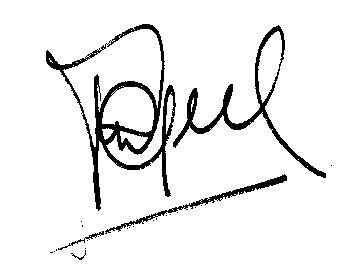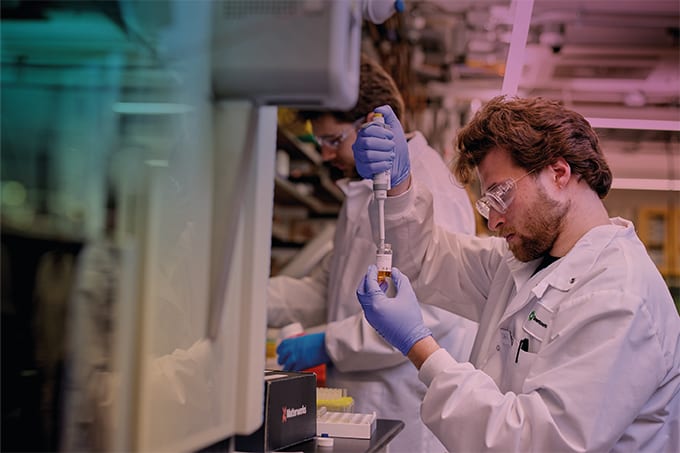the same sample should yield the same results anywhere in the world. That’s why standards organizations such as the European Committee for Standardization (CEN) and the International Organization for Standardization (ISO) exist. But, from what I hear, these methods are not being followed on a daily basis. “Very few of the standard operating procedures (SOP) manuals that I see are stained and dog-eared,” an accreditation officer tells me. “In many analytical labs, the quality manual is consigned to the bottom drawer.”
There are more unsavory issues. Let’s say a standard method requires instrumentation that is unavailable at a commercial lab. Will the lab refuse the work or try to apply a slightly different method? What if a sample yields a higher level of contaminant than desired? Will the disappointed client find a lab that has reported low results in a proficiency test or will the first analyst be asked by his boss to repeat the analysis to gain a more pleasing result? If so, quality and integrity both go down the drain. Last year, courses in gas chromatography (GC) were offered to lawyers in the USA. They sold out within hours. Lawyers know they can get clients charged with driving under the influence off scot-free, if they can shoot holes in the evidence; GC analysis of ethanol in blood offers one strong possibility, so they are studying the entire process, from sampling to end result. Was the procedure unclear or insufficiently documented? Was sample-handling imprecise or were the statistics not performed to the letter? Lawyers like GC. And they love sloppy lab practice. Woe betide us when they discover courses on LC-MS/MS…
The truth is, we don’t really know how high standards are in analytical science. Collaborative studies measure variation in labs adhering to strict rules and identical methodology with staff on best behavior, but real-life variation could be far larger. Variability among laboratories is the dominating error component in the world of practical ultra trace analysis. Evaluation and validation of laboratory procedures are of paramount importance; international inter-laboratory proficiency tests using certified reference compounds and benchmarking exercises should be embedded in lab routine. Until that moment, perhaps the best way of assessing lab quality is to ask ourselves how confident we would be under the scrutiny of an analytical court case. If that keeps the field on its toes, perhaps we even have a reason to be grateful to lawyers!
Frank Van Geel
Scientific Director





